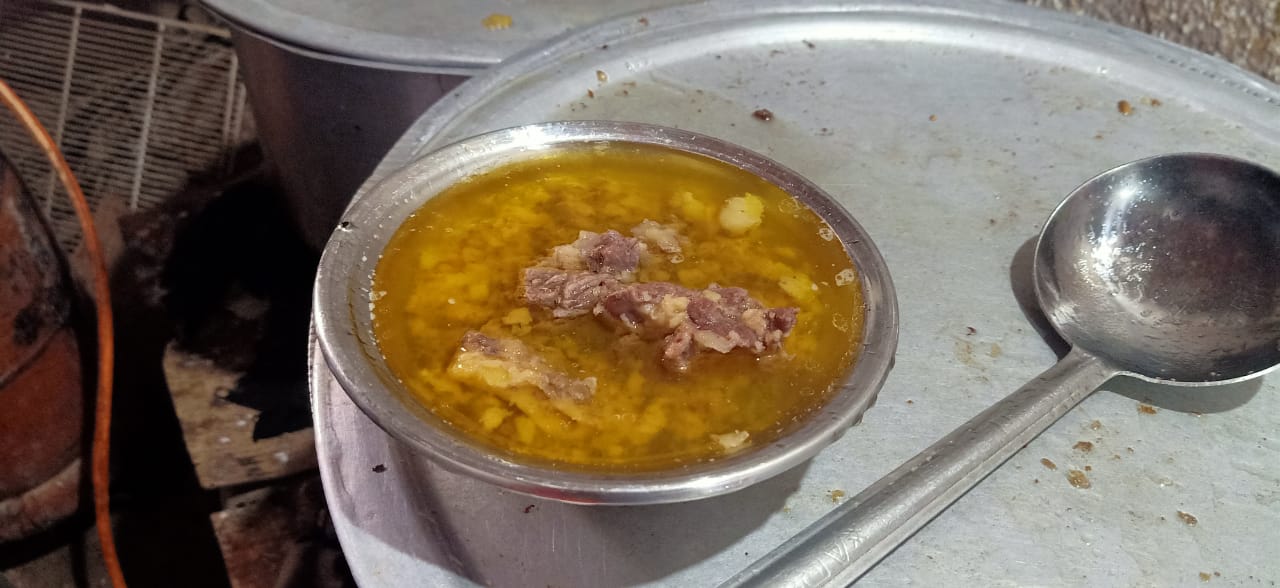
Rosh is a Balochi dish but its popularity is not limited to one place. In Atta Bazaar, Baizai near Pak-Afghan border in Mohmand tribal district it was introduced by a local restaurant owner and it became an instant hit.
Originally, Rosh is a dish popular in the Pashtun belt of Balochistan and it is made of mutton or lamb meat only. In Mohmand, however, a local hotel owner introduced beef Rosh a decade ago and now his hotel is famous across Baizai subdivision as well as the entire district for its tasty Rosh.
People from all over Mohmand come to Atta Bazaar just to eat Rosh at the restaurant.
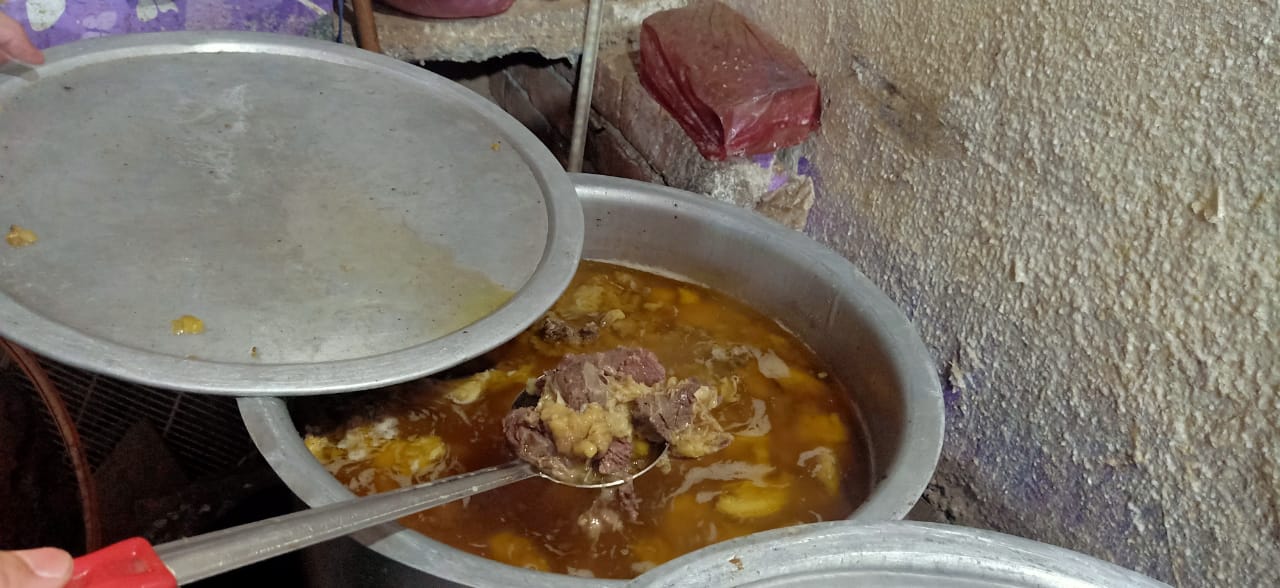
Talking to The Express Tribune the hotel owner Barkat said that it was his forefathers’ profession and that is why he is running the restaurant established by his grandfather.
Read The journey of a sketch artist
“Each day I buy 50 kilogram of good quality and fresh beef without bones from the local butchers and nothing is left of it till 10 pm in the night,” said Barakat, adding that Rosh is sold at Rs170 per plate at his hotel and his dish is so popular that he has five helpers with him to serve the guests.
“People from Peshawar, Bajaur, Charsadda and Khyber come here on regular basis to eat,” he said.
A local resident and trader Haji Ahmad Khuizai said that Barkat Roash was the identity of the bazaar.
“Whenever we have a guest we serve him this dish and everyone likes it. In Mohmand Barkat’s beef Rosh is probably more popular than the original mutton Rosh,” he said.
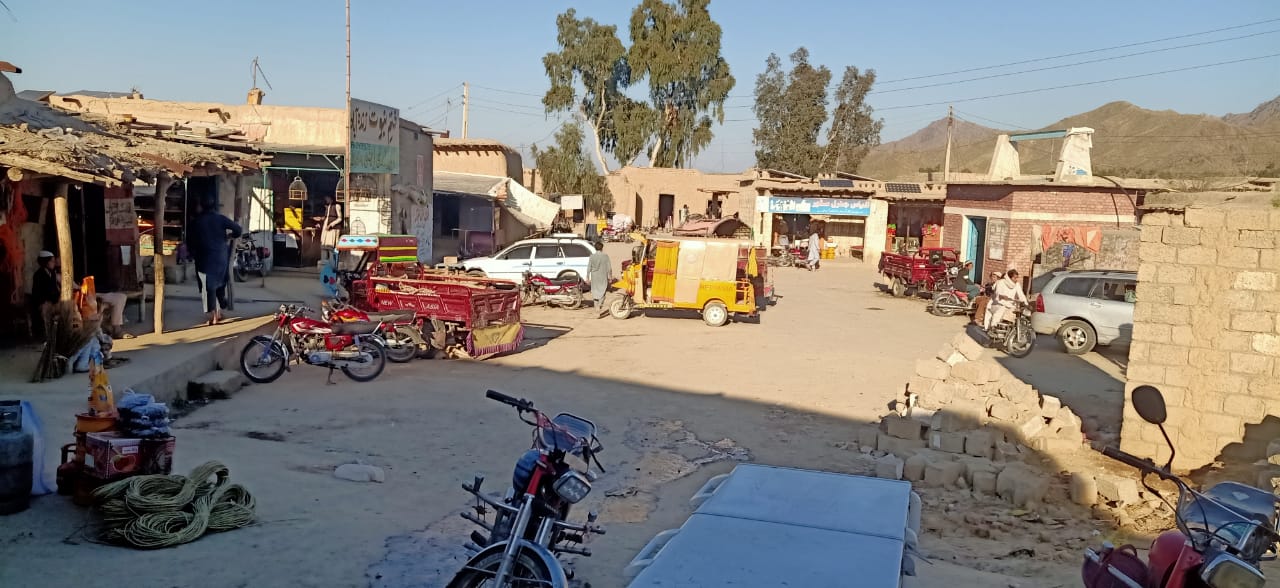
“Mohmand is a beef eating area. In weddings normally rice is considered a must across much of subcontinent but in Mohmand beef curry is served instead. When Barakat introduced a new beef dish a decade ago no wonder it became hugely popular overnight,” he said.
It is worth mentioning here that Atta Bazzar was a small market along the ancient trans-Afghanistan caravan trade route.
Here food was available for the camel drivers. Later the caravan trade was replaced with trucks and picks ups providing the locals with the much needed small jobs but in the 2011 the Afghan trade was also closed after attacks at the vehicles by militants which left several drivers dead.
The bazaar, however, has survived to this day.
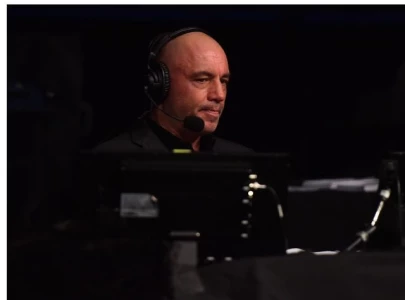
1726728390-0/BeFunky-collage-(7)1726728390-0-165x106.webp)
1728297472-0/Fousey-(1)1728297472-0-165x106.webp)

1730806672-0/diddy-(37)1730806672-0-165x106.webp)
1731748566-1/Untitled-design-(12)1731748566-1-270x192.webp)




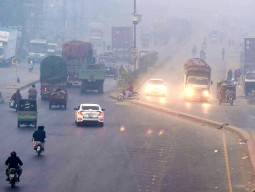






COMMENTS
Comments are moderated and generally will be posted if they are on-topic and not abusive.
For more information, please see our Comments FAQ